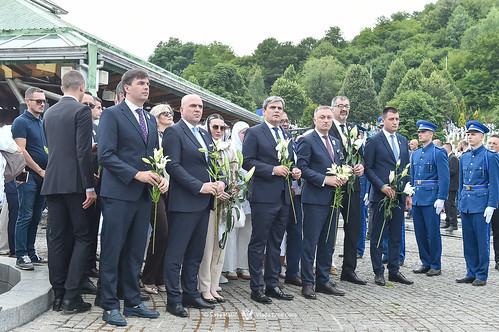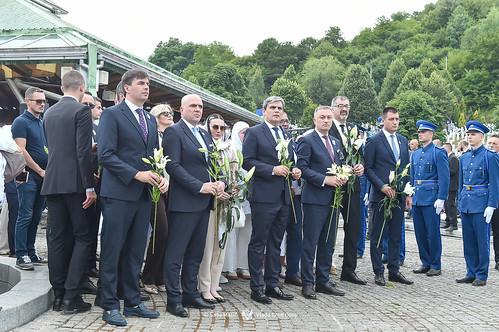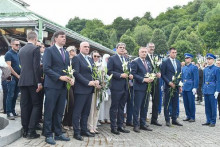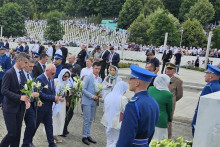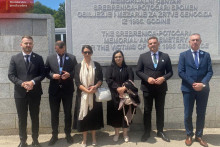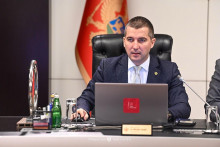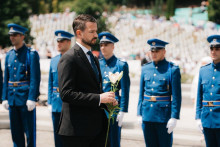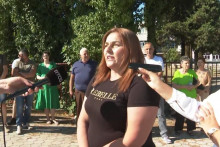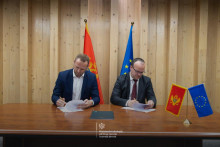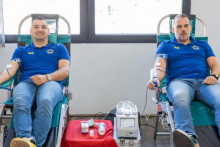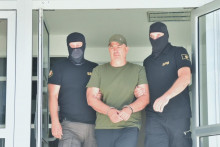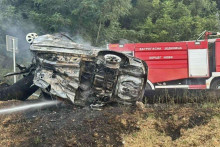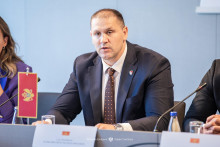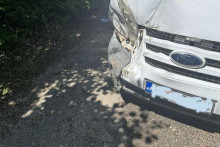Srebrenica: 30 Years of Pain, Denial, and Political Games
Introduction: A Genocide the World Must Never Forget Exactly 30 years ago, in July 1995, one of the darkest crimes in modern European history took place – the genocide in Srebrenica. Over 8,000 Bosniak men and boys were brutally killed in a UN-protected zone while the international community watched silently. This crime is not only a wound for Bosnia and Herzegovina but a deep moral scar for humanity.
Political Games of Denial and Revisionism Despite clear rulings by international courts, including the Hague Tribunal and the International Court of Justice, that this was genocide, denial persists, especially in political circles in Serbia and Republika Srpska. Serbian Prime Minister Ana Brnabić claims that Srebrenica was not genocide but a “horrific war crime,” while leaders like Milorad Dodik accuse Germany of “demonizing” Serbs and say the UN resolution on Srebrenica is politically motivated.
International Community and Its Passivity Montenegro, Croatia, Bosnia and Herzegovina, and many other countries have clearly condemned the genocide and adopted resolutions committing to never allow such crimes again. However, the international community has shown passivity for decades, which many say has opened the door to denial and revisionism. NATO Secretary-General Mark Rutte and French President Emmanuel Macron emphasize that Srebrenica is a permanent stain on Europe’s collective memory and that truth and justice must be preserved.
Commemorations and Remembrance Every year, commemorations are held at the memorial center in Potočari to honor the victims. This year, on the 30th anniversary, seven more identified victims were buried, including young men as young as 19. Representatives from many countries, including Croatia, Montenegro, and the international community, attended the event, underscoring the importance of remembrance and fighting denial.
Messages from the Region: From Condolences to Denial Serbian President Aleksandar Vučić expressed condolences to the victims’ families, but his statement in English sparked mixed reactions. While Vučić says the genocide must never happen again, Ana Brnabić continues to deny the genocide, further complicating regional relations. On the other hand, Montenegro’s leader Milo Đukanović clearly condemns genocide denial and warns of the danger of repeating tragic events due to disrespect for truth and justice.
Why It’s Important Not to Forget Srebrenica is not just a historical event; it is a warning to all humanity. When the world remains silent or relativizes such crimes, we all become complicit. Mothers who sent their sons to a safe zone, but in reality sent them to death, have waited decades for justice and truth.
Conclusion: The Fight for Truth and Justice Continues Though 30 years have passed, the fight for recognition of the genocide and justice for the victims is not over. Political games, revisionism, and denial persist, but the truth is relentlessly repeated at commemorations, in resolutions, and in the memories of people worldwide. Srebrenica reminds us that civilization is not guaranteed forever – it must be defended and built every day.
So, dear readers, what do you think? Is it possible that the truth about Srebrenica will ever be fully accepted in the region? Or will we continue to watch history being rewritten? Drop a comment and let’s hear the voice of reason and truth!





